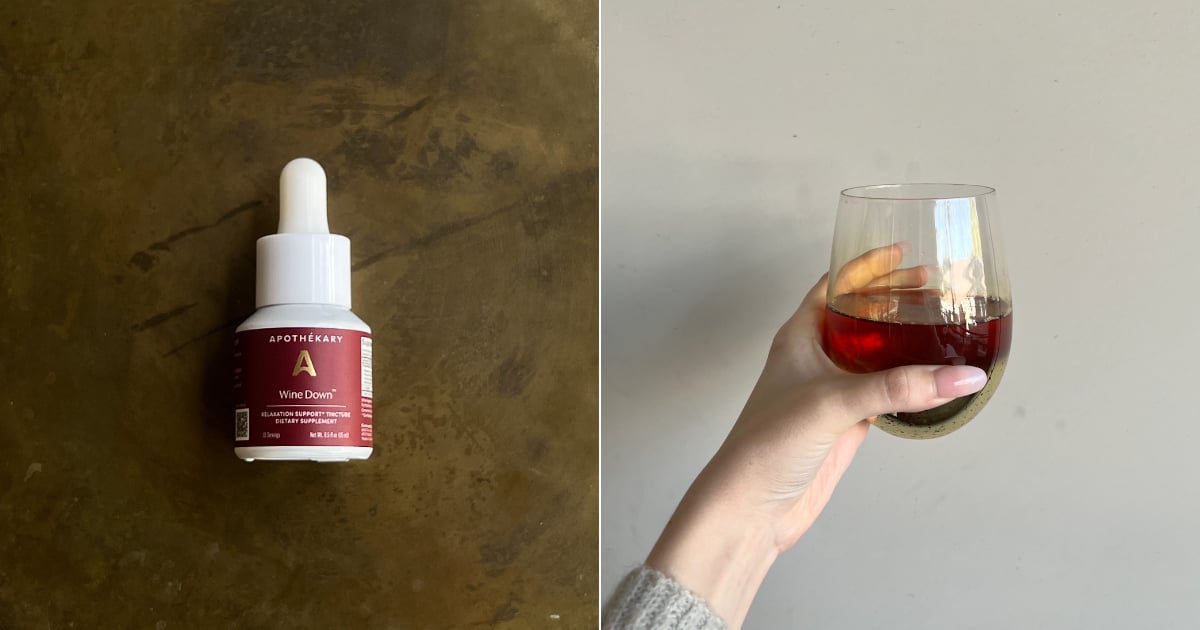Filson is diving into the resale market.
The American heritage outfitter is teaming with Trove, a re-commerce platform provider, to debut its own resale program, called “Filson Unfailing.”
“Filson is a brand that for 126 years has a tradition of producing quality, long-lasting goods,” said the brand’s head of strategy and partnerships Neil Morgan. “Working with Trove will allow Filson customers to continue that tradition by creating a branded resale program for these products to live on for another lifetime. There is a strong, loyal fanbase that seeks out well-worn and well-loved Filson products. Our partnership with Trove will give them the opportunity to discover even more.”
The program launches this week with an assortment of Filson’s own inventory that is off-season and slightly damaged, with imperfections like small bruises or scratches. The products include men’s and women’s apparel and the brand’s leather bags and luggage. In the spring, Filson’s resale program will launch its customer trade-in offering.
“They are an original American heritage outfitter and they are making items that have longevity at their very core,” said Trove’s chief executive officer Gayle Tait. “So being able to get multiple uses out of the items, for customers to be able to trade in their items, it completely fits with their overall brand positioning and heritage and so it was really because of that that we think they’re a great partner.”
Filson and Trove’s goal of the resale program is to expand the brand’s reach to new customers, especially younger consumers who are interested in the resale market.
“Filson Unfailing” is Trove’s latest resale partnership since the platform launched in 2016. The company has also worked with brands like Patagonia, REI, Canada Goose, Lululemon, All Birds and many others.
“What we see when our customers launch trade-ins is we get an increase in the number of items that are available for sale, so it increases the assortment, which really increases the shopping experience for new customers who we typically see coming in through a resale channel,” Tait said. “Then, we also see an increase in customer lifetime value from the trade-in side when a customer is bringing an item in that they’re maybe not using anymore, that still has life in it and still has multiple owners in its future. It really deepens the connection with the brand and it enables the customer to go on and purchase another item from the same brand. That really keeps that circular relationship with the brand going.”



